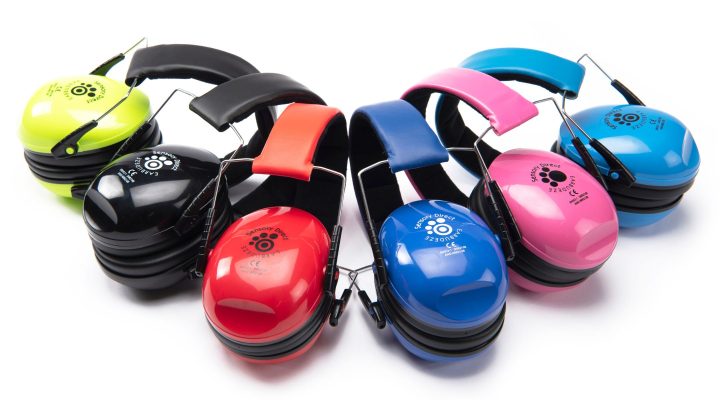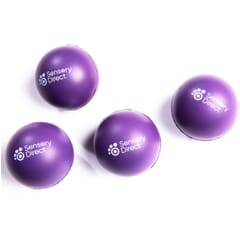Get exclusive deals you won't find anywhere else straight to your inbox.

Top Tips For Travelling With A Special Needs Child
10 Top Tips For Travelling With A Special Needs Child
Before You Travel
1. Prepare your child in advance as much as possible. Practise for the trip for a period leading up to the actual travels. Talk about the upcoming experience to help your child overcome anxiety. Act out or role play anticipated events in advance such as taking off shoes for airport security.
2. If you’re going to a family event, create a small photo album of the people who will be there. This may take the edge off the potential anxiety of seeing less familiar faces all at once. Go through them in advance and tick them off with your child when you at the event.
3. Contact airlines, travel operators, your hotel etc well in advance of travelling to advise them of your needs. Do not expect anyone to understand your needs and do not assume they were even informed of your child’s needs ahead of time.
4. Create a social story about the trip and go over it often. Prepare your child by looking up the destination and any planned attractions on the internet, so they will know what to expect.
5. Let the child assist in getting ready for the trip, whether it’s having them help pack their own bags or selecting trip activities. Create a calendar and agenda so they are aware of exactly when the trip will take place as well.
When You Travel
6. Take along some objects that are fun and familiar – sensory & fidget toys, ear defenders, weighted vests, or favourite belongings from home will help filter out outside stimuli and provide a comforting connection to “home.”
favourite belongings from home will help filter out outside stimuli and provide a comforting connection to “home.”
 7. Give yourself plenty of time - It's never a good idea to be in a rush when you're traveling with kids, and if you're traveling with a child with special needs who might need more reassurance and coaxing and assistance, then allowing plenty of time is a very good idea. Arrive early at the airport to give yourself lots of extra time to get checked in and organised at the gate.
7. Give yourself plenty of time - It's never a good idea to be in a rush when you're traveling with kids, and if you're traveling with a child with special needs who might need more reassurance and coaxing and assistance, then allowing plenty of time is a very good idea. Arrive early at the airport to give yourself lots of extra time to get checked in and organised at the gate.
8. Bring any medications you might need - take any and all medications your child will need during the flight with you on board, and also take enough to last you for a few days at your destination as well (luggage can be delayed sometimes). Even with the restrictions on liquids on board, you are allowed to bring any necessary prescription medications with you.
When You Arrive
9. Minimise changes to eating habits. Try to keep your child’s diet consistent to prevent constipation, indigestion, allergic reactions or other adverse developments. Don’t expect your child to sit for an entire meal. Rather, prepare a spot where he or she can rest, play or calm down while the meal continues.
10. Maintain your regular routine as much as possible - this goes for while you're traveling and when you arrive at your destination. It can be really hard to do, especially if you're traveling to another time zone, but if you're child has a hard time dealing with a change in routines, it's good to try to keep things as "home-like" as possible. For example, eat at the times you usually do, and stick to the same or similar routines at bedtime.





